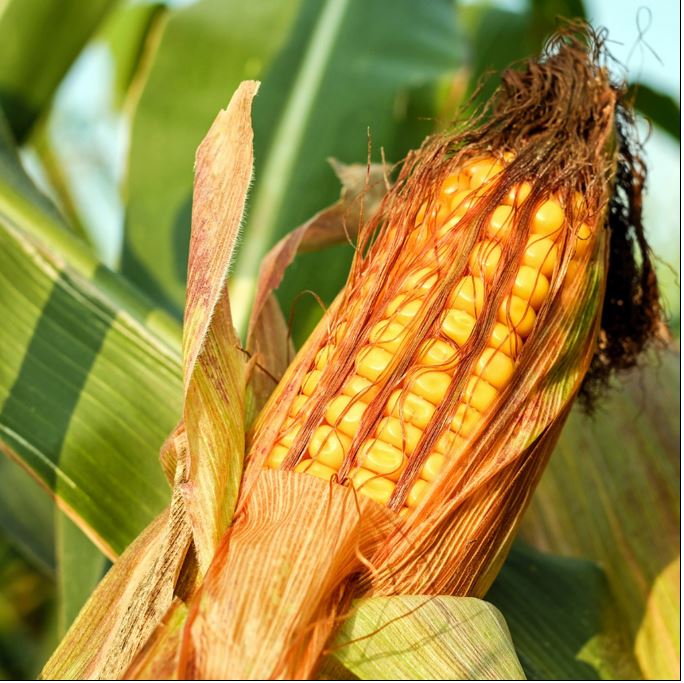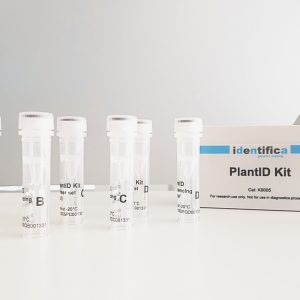Detection of GM plants
DETECTING THE MOST COMMON GENETIC ELEMENTS USED IN GM PLANT
The IDENTIFICA transgenic plants ID service will detect in your sample the most common transgenic elements used in GM plants.
The terms genetically modified (GM) or transgenic plant describes an organism that contains a gene or genes that have been introduced artificially in the genome in order to improve product quality, pest resistance and agronomic traits. GM plants have been developed in an attempt to improve food quality and solve plant disease and weed management problems associated with commercial agriculture. The number of cultivated GM crops has been growing in recent years despite the intense discussion about the benefits or damage that these organisms may have on humans and ecosystems.
The introduced transgenic sequence or recombinant DNA (rDNA) differentiates the GM plant from its non-GM counterpart at the DNA level and is used as a target for the DNA-based detection of the GM plants. Most methods for GMO detection rely on the analyses of DNA, which has the advantage of being able to be amplified by polymerase chain reaction (PCR), which is more sensitive than conventional protein detection tests. The testing usually starts with the screening of a part of the transgenic sequence that is present in many GMOs, such as regulatory sequences of promoters or protein-coding sequences.
OUR IDENTIFICATION SERVICE
SAMPLES
Contact us for information on how to prepare the sample or request our sampling kit. We guarantee results on different sample.
GENETICS
Our multiplex PCR assays detects seven transgenic elements that cover almost all known gm plants: P35S, T-NOS, BAR, CTP2-CP4EPSPS, P35S-PAT, CRY1AB AND FMV35S.
RESULTS
You receive a report describing the presence or absence of transgenic material. The use of target regions of small length allows the analysis of forensic samples with degraded DNA, as the detection of illegal GMO crops or to verify the labelling of food products.





